101 Blog
Unlock a safer future.
Welcome to the 101 Blog, where we delve into the cutting-edge world of comprehensive protection. Get ready to take an exhilarating journey through the realm of commercial security, unlocking its potential to fortify your organization. The future of commercial security integration awaits you!
Subscribe now and gain exclusive access to expert insights!
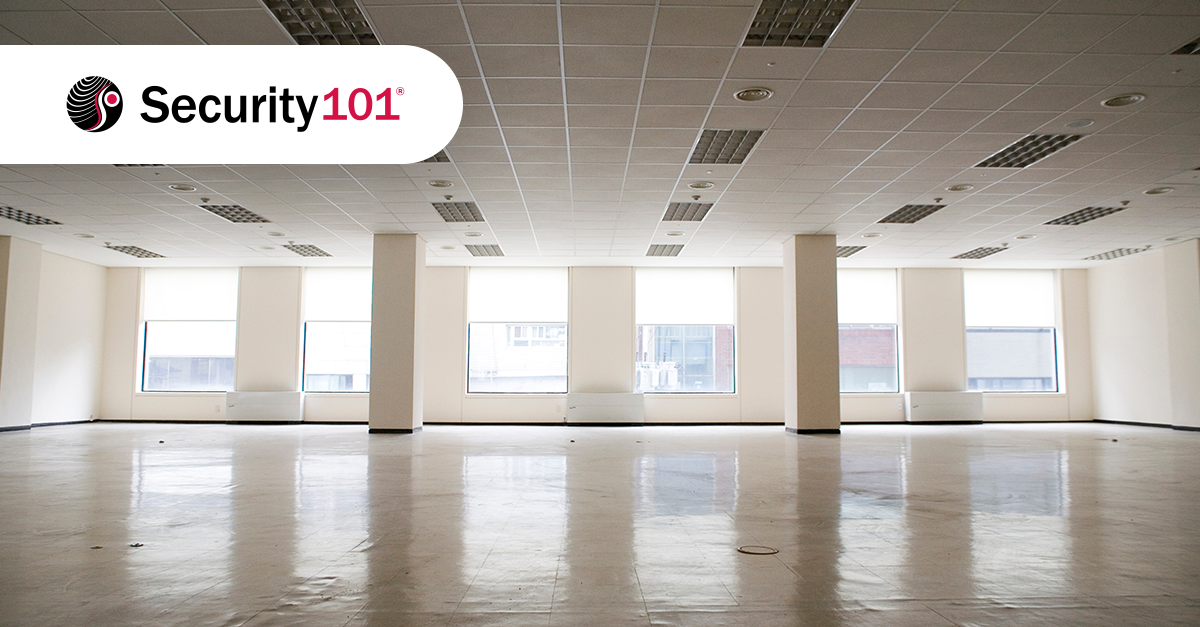
Video Solutions
Security 101 Field Report: Securing Vacant Commercial Properties in Northern California
Vacant commercial properties are on the rise nationwide, driven by hybrid work...
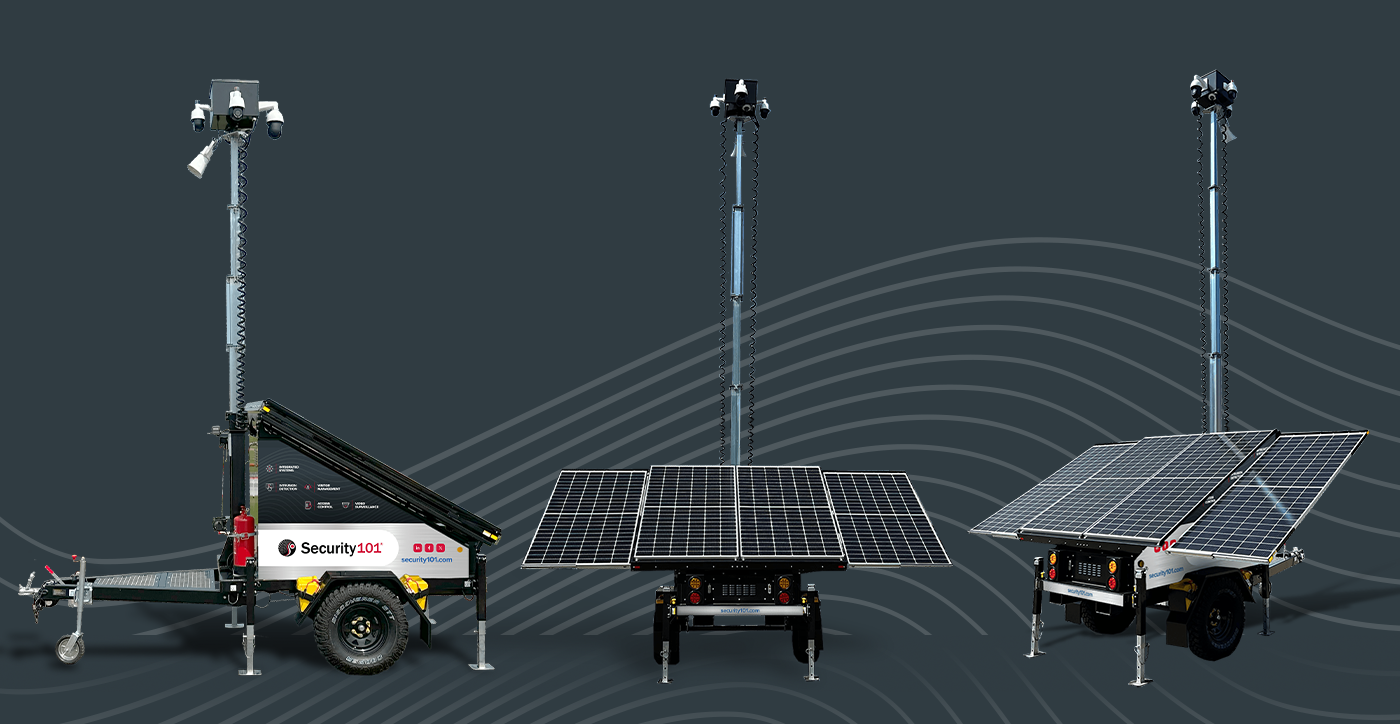
Property Management
Guide to Smarter Perimeter Security in Northern California
Across Northern California, security expectations are shifting. Property...

Events
ASIS San Francisco Chapter Wins I.B. Hale Chapter of the Year at GSX 2025
Security 101 of Northern California is proud to recognize the ASIS San...

Announcement
Security 101 in Northern California welcomes Jarrod Porter as Enterprise Sales Executive
Pleasanton, CA – Security 101 is pleased to announce the addition of Jarrod...

Physical Security
Spring Checkup: 3 Ways San Mateo Businesses Can Strengthen Security
As spring breathes new life into San Mateo, it's also a great time for...

Intrusion Detection
Lessons from Recent Copper Theft: Strengthening Physical Security for Northern California Businesses
Recent security incidents in Northern California have underscored a growing...

Physical Security
Security in the Cloud: How Rhombus and Security 101 - San Francisco Deliver Scalable Solutions
Modern security demands require solutions that are both powerful and adaptable....

Access Control
California wildfires and business resilience: 5 proactive security tips for northern California companies
The increasing intensity and unpredictability of wildfires in California...
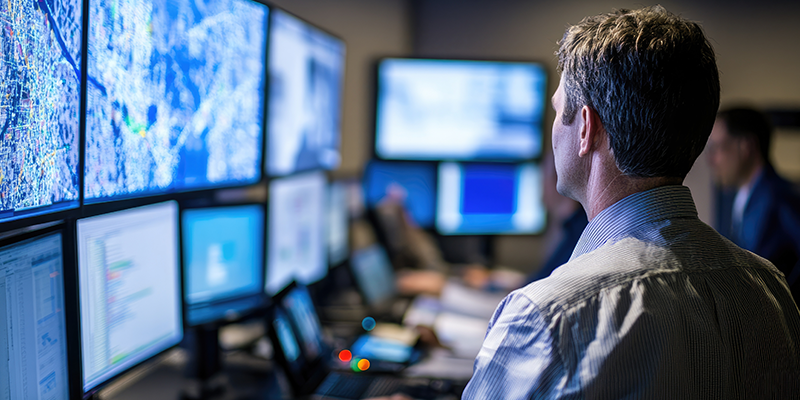
Artificial Intelligence
Optimizing GSOC: HiveWatch's AI-driven approach to security
Global Security Operations Centers (GSOCs) are essential for protecting...
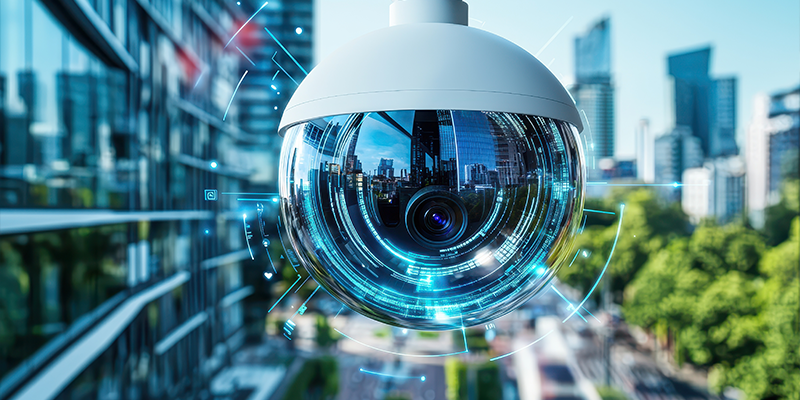
Artificial Intelligence
AI-Powered Cloud Video Surveillance: The Future of Proactive Security Solutions
The Bay Area, known for its innovation and vibrant economy, faces mounting...

Integrated Systems
Top 5 security threats facing San Mateo businesses (and how to mitigate them)
San Mateo's dynamic business environment is full of opportunities, but it also...
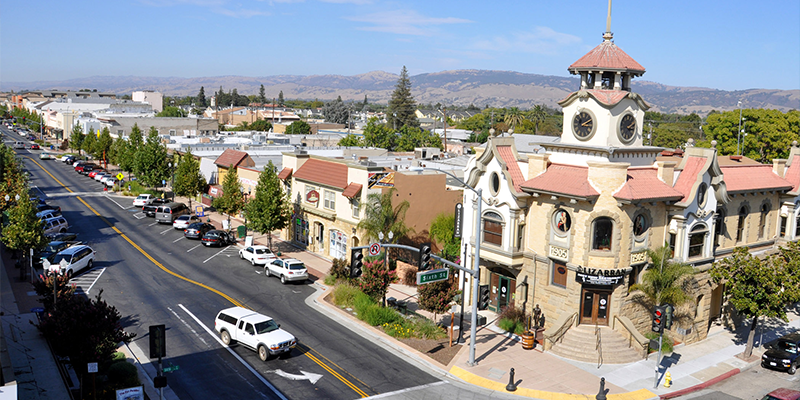
Integrated Systems
Choosing the right security integrator in Gilroy: 5 questions to ask
As a security decision-maker in Gilroy's thriving business landscape, you...
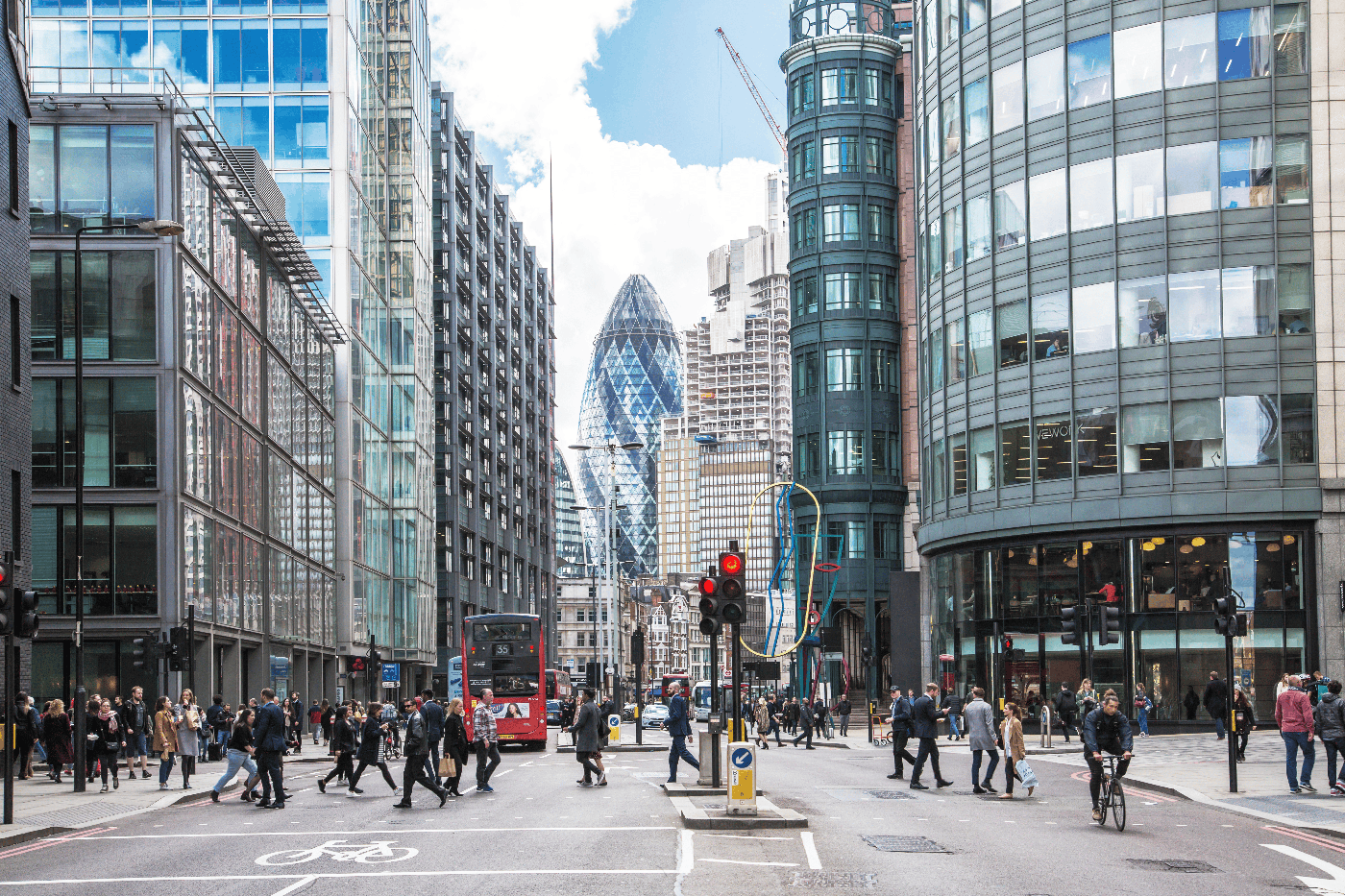
News
Security 101 - San Francisco webinar recap: Keeping your workplace safe in the era of SB553
On May 7, 2024, Verkada and Security 101 – San Francisco Bay Area hosted an...
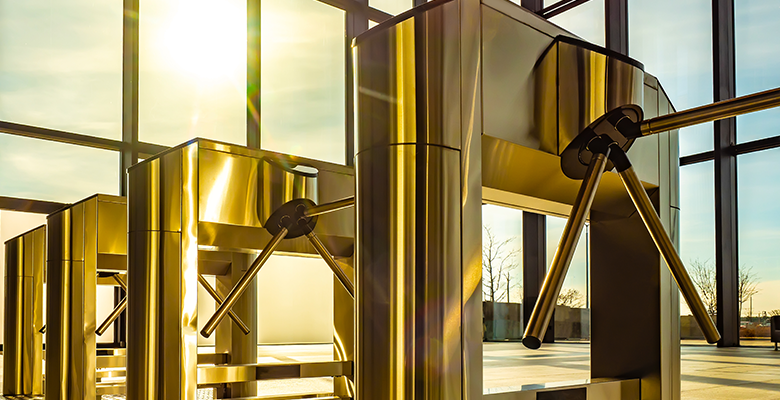
Access Control
Key differences between on-premise and cloud-based access control systems
When it comes to securing a building, there is a wide variety of security...
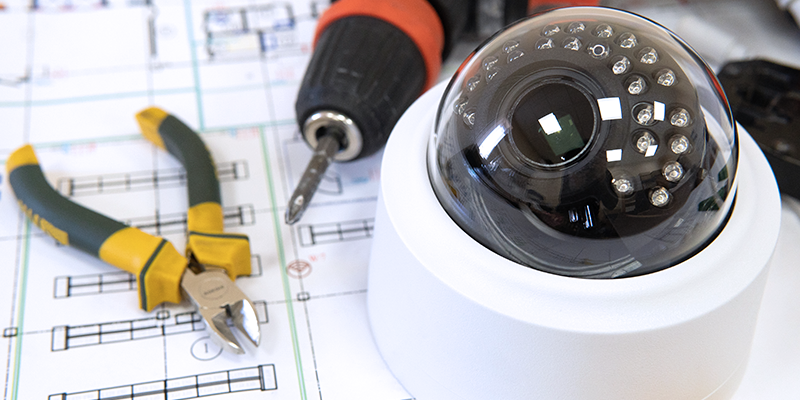
Access Control
Business Security Cameras & Commercial Video Surveillance Systems in the San Francisco Bay Area, CA
With rising crime rates in the San Francisco Bay Area, specifically in and...

Cannabis
Security requirements for the cannabis industry in California
Cannabis use, both medical and recreational, is legal in California. In fact,...
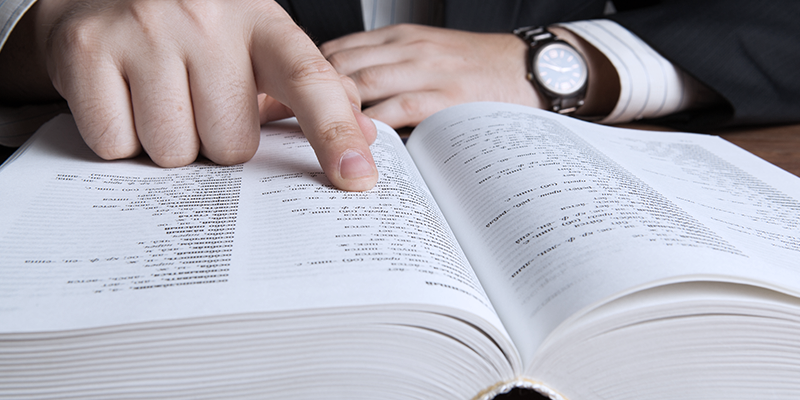
Tips
Commercial security acronyms – a cheat sheet
In the fast-paced world of commercial security, there are many acronyms that...

